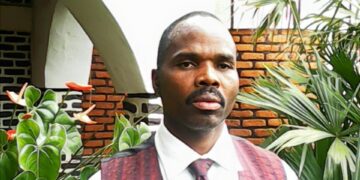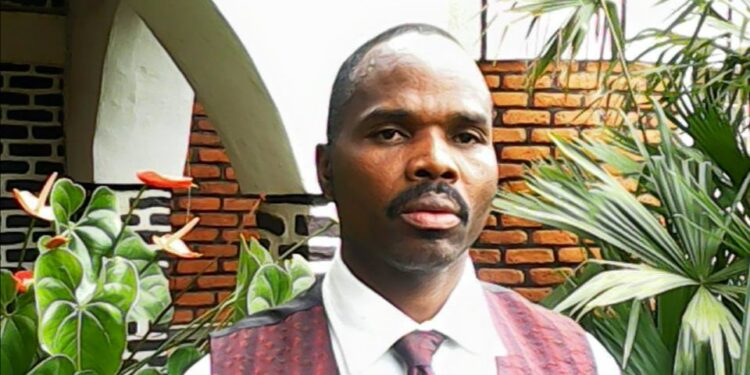By Enyichukwu Enemanna
Bernard Ntaganda, prominent opposition leader and a critic of Rwanda’s President, Paul Kagame has been barred by the court from taking part in the country’s presidential election coming up July.
A three-man panel of Justices on Tuesday ruled that Ntaganda, 55, who is the founder of Social Party Imberakuri (PS-Imberakuri) will not participate in the polls over his refusal to pay court fees of almost Rwf106,000 involving his previous case against him.
“The High Court finds that Bernard Ntaganda did not abide by the laws that require individuals to request their conviction to be removed. This court rejects the appeal,” the court ruled.
Ntaganda, a lawyer however insists that he had proof he had paid the fees but that the court decision “was not a surprising outcome”.
“The ruling RPF (Rwandan Patriotic Front) cannot allow the courts to be independent,” he told AFP.
READ ALSO: FIFA Announces Plans For Inaugural Women’s Club World Cup, Appoints Secretary-General
Rwandan law forbids individuals who have been convicted for more than six months from holding public office.
In 2010, Ntaganda who was planning to run against Kagame was arrested before the vote.
He was freed in 2014 after serving a jail term on charges, including organising unauthorised demonstrations and threatening state security.
He is the second Opposition figure in the central African country to be barred from running against Kagame in the July 15 election.
In March, Victoire Ingabire was also locked out after the High Court in Kigali declined her appeal for a complete rehabilitation that would have allowed her regain her civic rights.
Ms Ingabire, who is under virtual house arrest and cannot leave Rwanda without Attorney-General’s approval, has taken the Kigali government to the East African Court of Justice seeking for the regional court to order her freedom.
Heritage Times HT recalls that President Kagame, 66, came to power when he stopped the 1994 genocide on July 4, 1994.
He first tiptoed in the shadows as a vice president defence minister, formally becoming president of a transitional government in 2000.
Kagame then organised Rwanda’s firt ever presidential elections on August 25, 2003.
He was elected to a seven-year term with 95 percent of the vote.
Since then, he won elections in 2010 and 2017, each time with more than 90 percent of the vote – the last with 98.7 percent.
In 2015, Kagame presided over controversial constitutional changes which reduced a presidential term limit from seven to five from 2024.
It also allows him to run for two more terms and potentially stay in power until 2034.


































